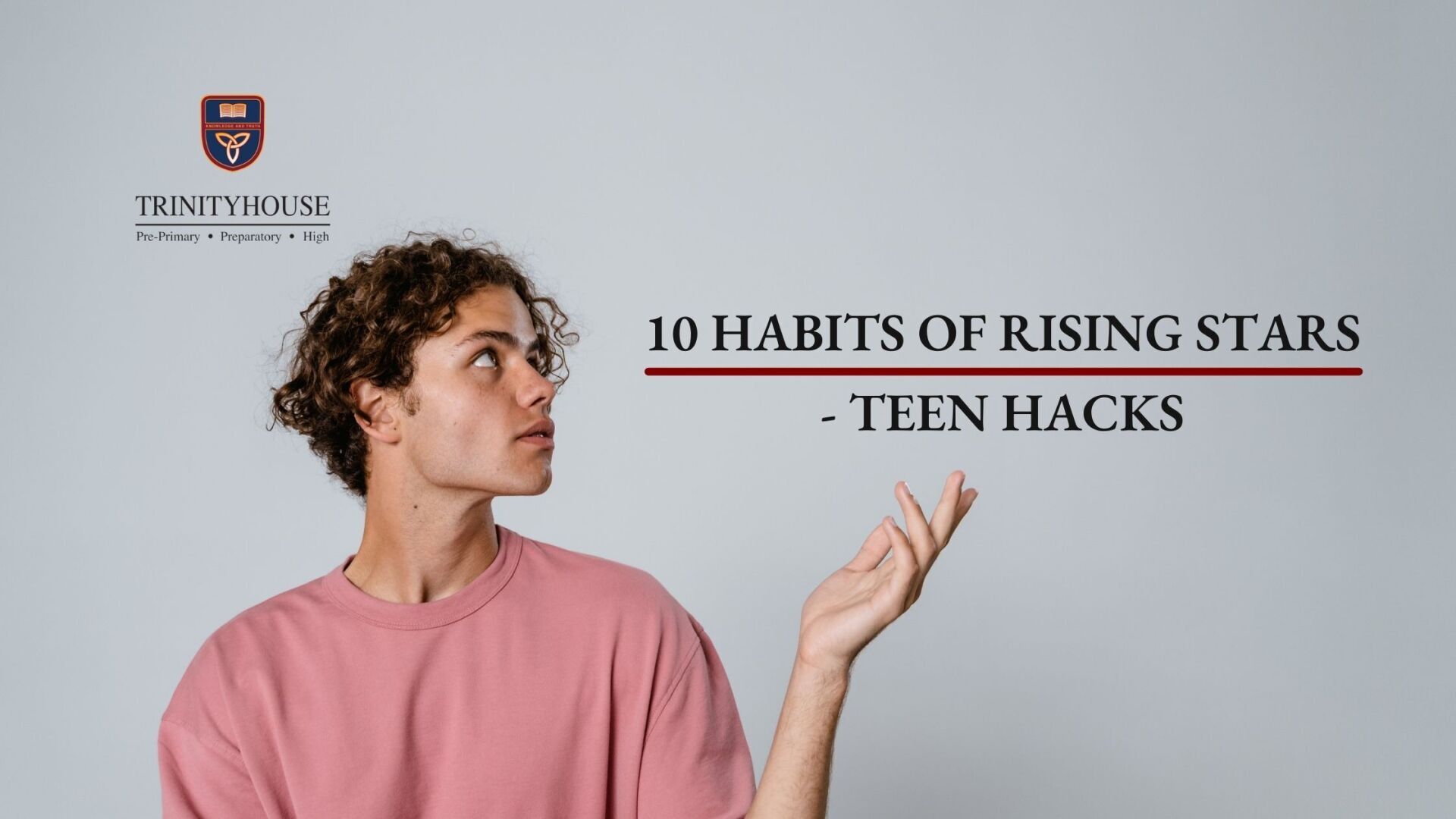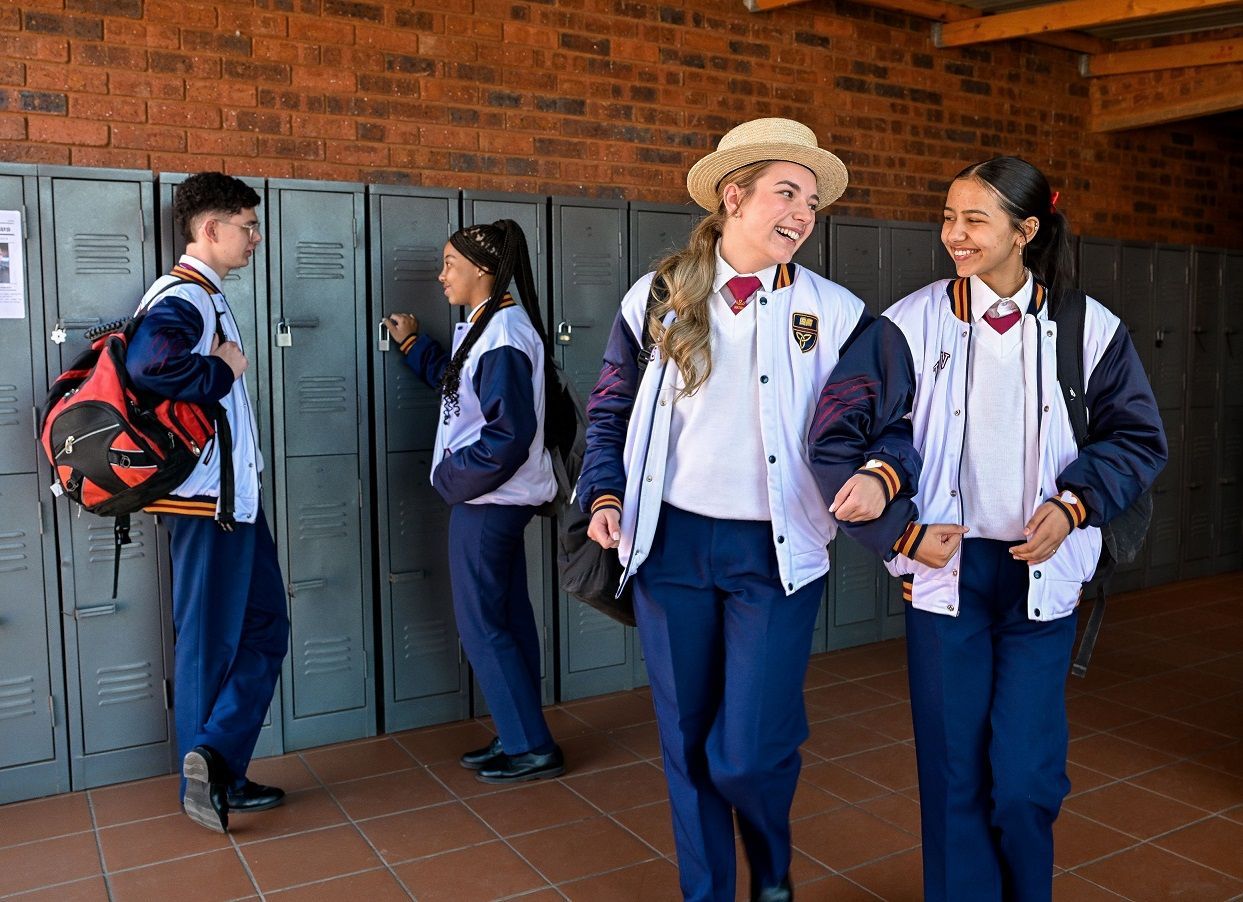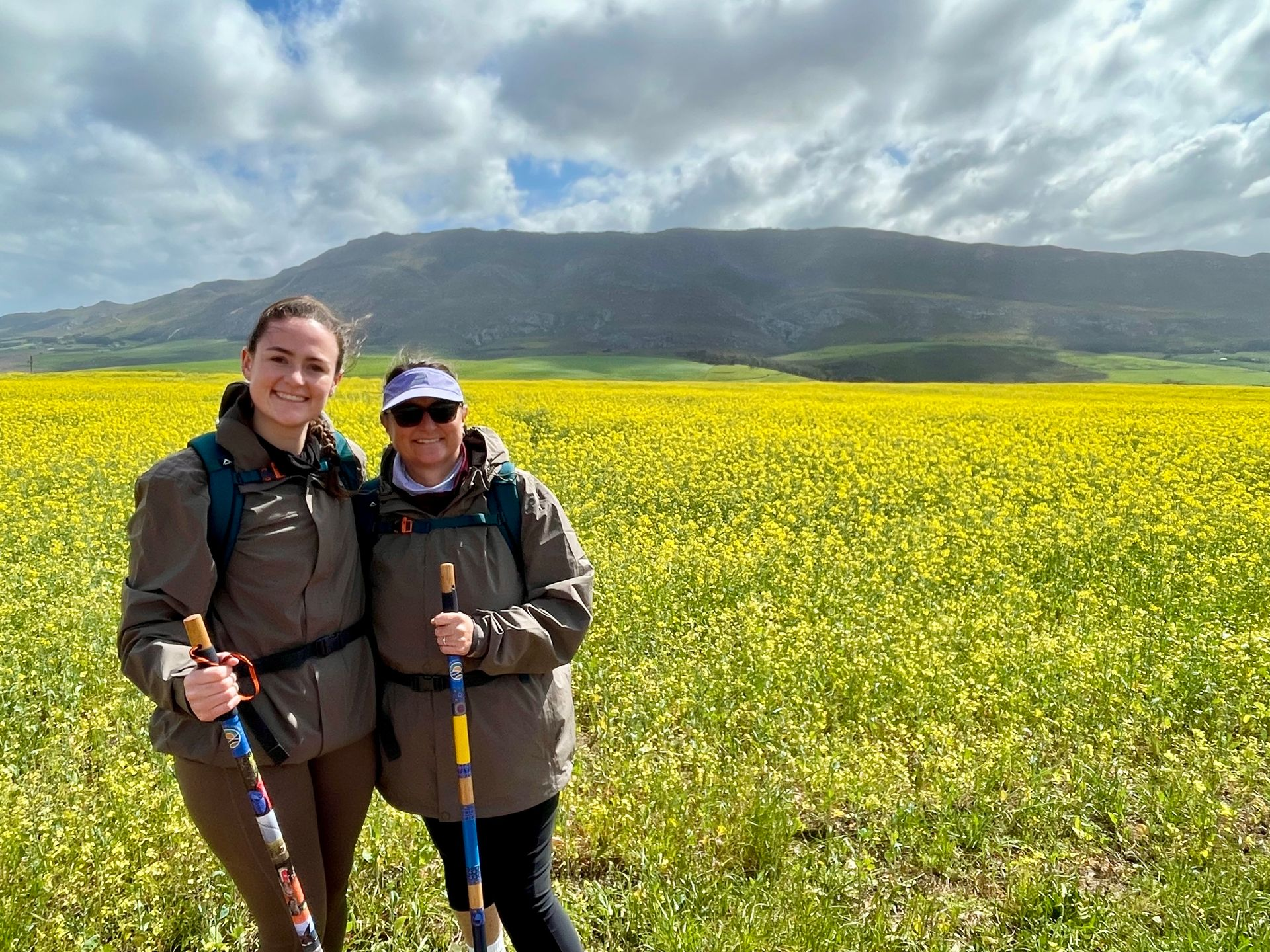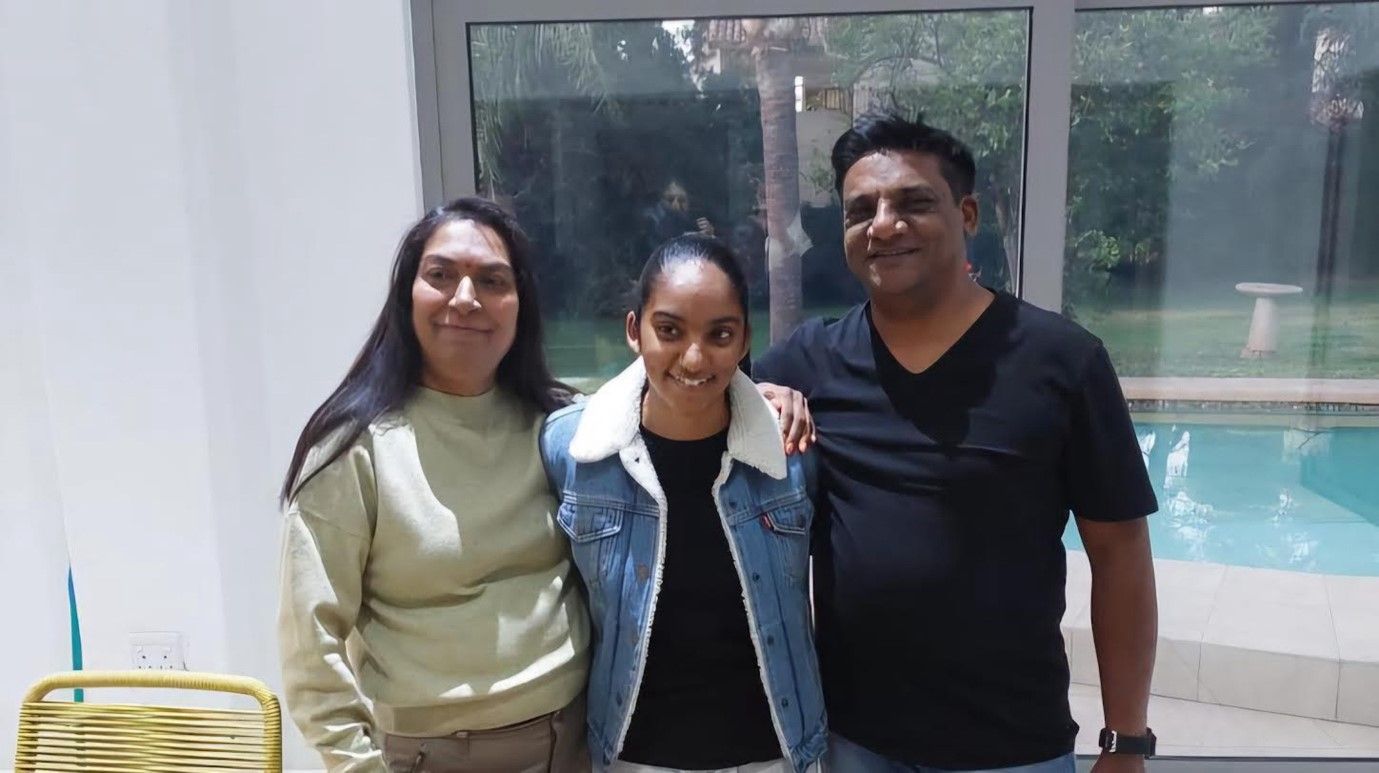10 Habits of Rising Stars: Highly Effective Teens

You figure yourself out more during your adolescence than at any other time in your life. It’s an incredible and scary time filled with tough issues and life-changing decisions.
Here are ten teen life hacks to help you rise to be the star you are.
1. It gets better
Almost every middle-aged person on the planet will tell you this: no matter how good or bad your teen years are, life gets better. You get better-looking, or at least more stylish.
You learn to laugh at yourself more, and suddenly the opinion of others doesn’t matter at all. You like yourself better. So on the bad days, tell yourself: this is a learning curve and it WILL get better.
2. Body Beautiful
Making peace with the way you look can be a lifelong struggle, if you allow it. Develop an early appreciation for the amazing vehicle that your body is - you’ll save yourself so much unnecessary trouble.
Besides, yours is the generation that turned its back on body shaming, so we think you’ll manage this one. Try this: look at yourself in the mirror before your shower and say one positive thing about your body every day. Remember, not everything you see on Social Media is real or attainable so, aspire to be no one else but yourself.
3. Don’t abuse you
Related: don’t put stuff in your body that’s bad for it. Alcohol, tobacco, performance-enhancing drugs, any recreational drugs at all, too much food, too little food… Get it? Nobody looks at themselves at 40 and is happy they started smoking. Nobody!
4. One bite at a time
Sometimes, you tell yourself, “I MUST study!” and then you sit down and you have no idea where to begin. That’s because “must study” is vague and unhelpful. Yes, we know the Maths exam at the end of your high school career will test all your
knowledge, but right now, today, you feel unsure about the quadratic equations you did in class.
So say this instead: “Today, at home, I will spend half an hour rereading the chapter on quadratic equations, and I will practice five examples.” That’s attainable.
Many things in life are like this, that’s why we have the saying “How do you eat an elephant? One bite at a time.” Just take that first bite.
5. Forgive yourself
Learning to forgive yourself is not only one of the most valuable teen hacks but a valuable lesson you will carry with you throughout your life. No person on earth has it all figured out. You keep on learning and changing throughout your life, so don’t think the choices and mistakes you make when you are a teen are going to be everything.
(The pace of change slows down in adulthood though - and thank goodness, because who can sustain the intensity of puberty?)
The best people resist becoming rigid and boring in their old age. If you’ve made a mistake, learn from it. Now let it go and move on.
6. Do unto others…
Whether it’s how you speak to a friend, how you compete in a match, and how you treat a girlfriend or boyfriend, don’t behave in a way that would upset you if someone did it to you. Simple!
More importantly, 'seek first to understand then to be understood', remember to pay attention to others too, listen and be kind. It is easy to become an egocentric teen, caught up in your own world but remember there are others around you and a whole world out there so, pay attention.
7. Listen to the voice
Peer pressure when you're a teen is real but everybody has an instinct so do your best to follow it. If something feels wrong, it is usually your little voice inside sounding a warning. Whether it’s telling you that you’re getting a “no” feeling about something you are doing, or that a certain person is untrustworthy, or that you probably shouldn’t lie to your parents about meeting up with a stranger you connected with online, listen!
The little voice is rarely wrong, and giving it airtime boosts its power. It will help you your whole life long.
8. Do it anyway
You may not be the best hockey player. Play anyway. Public speaking may frighten you. Give it a go, once, anyway.
Yes, you can’t load your plate with every single activity, and you do have to be selective, but don’t be afraid to try out and to be rejected once in a while. It’s a reminder that rejection, (while awful), is part of life.
Your crush wants to break up. A friendship hasn’t worked out. A university hasn’t accepted you for the course you want. But you’ll have the resilience to overcome the disappointment.
9. Look for the fun
While it can be hard, adolescence is also intensely fun. Make sure you don’t get caught up in cranky parents rolling their eyes or the stresses and problems of the day. Look for the fun, find it, laugh and be a kid.
10. Ask for help
Everyone gets overwhelmed. We can’t stress this one enough: asking for help when you are not coping is a sign of wisdom, not weakness! Speak to a parent, teacher, friend or call Lifeline on 08 000 55 555 if you feel desperate. There are people who can and want to help you.
Read More.
We highly recommend this book for parents and teens.
The 7 Habits of Highly Effective Teens by author, Sean Covey is an accessible, fun guide through the teen years by the son of the hugely popular 7 Habits of Highly Successful People author.
Sources:














